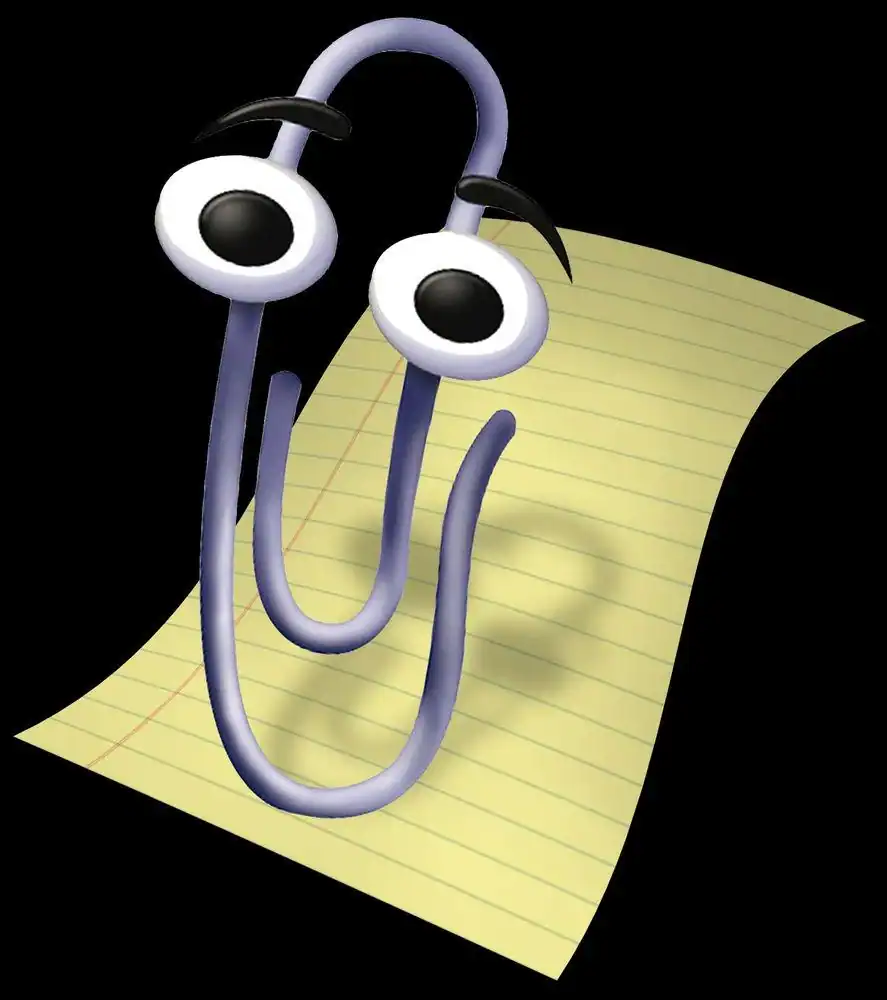Why I’m Not Worried About AI
Artificial Intelligence has generated fear among professional writing communities I belong to — with reason. Organizations are using AI to write content. “Authors” are littering the market with AI-written drivel. AI has reduced what people are willing to pay professionals for writing services and filled online spaces with creepy visuals and copy that almost makes sense if you read it fast.
But, amidst all the hype from Silicon Valley, I can’t bring myself to panic about AI. In time, we’ll figure out what it’s good for (a much shorter list than what tech companies would like us to believe), but it won’t replace me or most other human writers. Here’s why.
What AI is and isn’t
Wikipedia defines AI as “the capability of computational systems to perform tasks typically associated with human intelligence, such as learning, reasoning, problem-solving, perception, and decision-making.”
But that’s not what ChatGPT and the other tools marketed as AI are. They’re very complex algorithms that can respond to natural language prompts, pull information quickly from vast datasets, and “chat” with users in an approximation of human conversation. Does that look smart? Yes. Is it the same thing as the intricate and inscrutable processes that influence human reasoning and problem-solving? No.
AI is unquestionably an advance in computing. But, in true Silicon Valley style, tech companies and the venture capitalists pouring billions into AI want us to believe that AI is The. Best. Thing. Ever. And also a mysterious, possibly superpowered force that could take over the world.
Right.
I’ve lived in the Bay Area long enough to see Best Things Ever come in hot and then implode. Rather than market research and slow, thoughtful rollouts, tech likes to explode new products onto the scene and cause a lot of chaos and a fair amount of suffering before products find their rightful place among the bombed-out ruins of failed startups. It happened during the internet bubble, and it’s happening now during what many are calling an AI bubble.
Clippy takes over the internet
If you are old enough to have used Microsoft Word in the early 2000s, you probably encountered Clippy, the animated paperclip “office assistant” that popped up on screens to offer “helpful” suggestions. If you were like most users, you hated Clippy.

I suppose there were a few people whose reaction to an animated paperclip interrupting their workflow and forcing them to accept or reject help was “Thank you!” I’ve never met one of these people, but people are diverse, so I imagine they exist. Clippy was the bane of my existence; I couldn’t turn him off fast enough. When he snuck back in, I wasted no time in getting rid of him. The digital helper was so hated that Microsoft phased it out after a few years.
The deluge of AI “assistants” feels like Clippy x infinity. I’m forced to spend time telling Microsoft I don’t want a copilot and chasing Gemini away every single frigging time I try to open a PDF stored in a Google folder. I’m tired of being asked if I would like AI to write a 100-word social post. How many times does a girl have to say no before it becomes harassment?
The unhelpful helper
I needed help on an online platform the other day, so I turned to the only support option, a chat box. At first, I got what seemed like detailed and helpful answers. Unfortunately, they were all things I’d already tried; I’d turned to the chat in hopes of getting to a human who’d point me to what I needed to know. But when I asked the chatbot to escalate to a human, it just kept spitting out the same four answers, then asking me if it had been helpful, like a demented codependent robot. In the end, I found my answer in the one place on the internet where real humans talk to each other: Reddit.
The onslaught of AI dreck, which is just coherent enough to be believable but too error-prone to rely on, is contributing to a rapid increase in the enshittification (thanks to Corey Doctorow) of the internet. I can’t wait for the hype to die down and the AI “helpers” to leave me alone.
AI will have its uses
I don’t expect AI to go away. In fact, I expect it will be very useful — just in ways we don’t expect.
For example, my neighbor needed to cook dinner for 10 people the other day. She fed her recipes into ChatGPT and asked what it would cost to buy the groceries for the meal at Trader Joe’s. The answer was within $3 of the actual cost. That’s a task a human would have labored over, but AI can do quickly. It doesn’t require reasoning, just the ability to parse a complex question and retrieve the data to answer it.
One of my clients used AI to create a cartoon to visualize a campaign. It was slightly creepy (I find AI visuals very disturbing), but it was effective. The organization didn’t have the budget or the time to hire an illustrator, so AI provided a cheap workaround that bolstered their mission.
I liken AI to the advent of drones. When drones were first coming into wider use, one of my clients was sure they were going to take over last-mile package delivery. That hasn’t happened, but they have provided birds-eye views of amazing scenery, rapid disaster scene surveying, and a lifeline to Ukraine against the Russian invasion of its territory. Those are all good things, and drones may have more uses in the future.
I suspect that, in a few years, most of the AI startups will be gone, but the few that remain will have found a useful niche, and I’ll be appreciating what they do the same way I appreciate a soaring drone video of an active volcano or the Grand Canyon.



